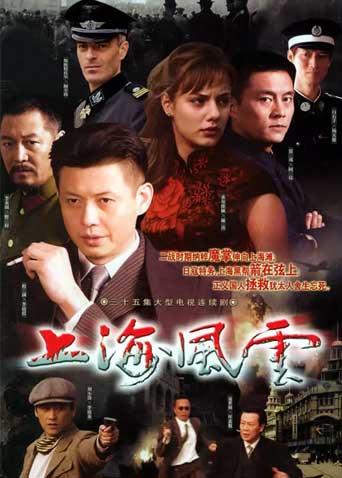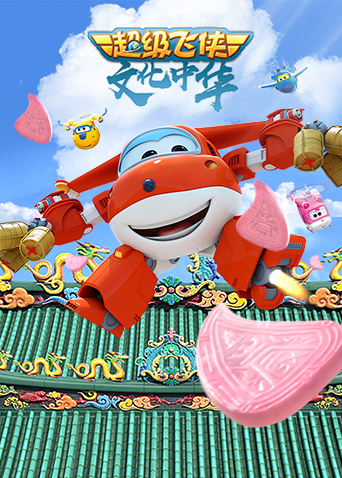春暖在外地晋剧团工作的夏天一番周折后调回到本地工作,这样她便可以帮助母亲照顾已经患阿兹海默症十年的父亲,却没想到母亲竟因她的归来而感到焦虑。随着父亲病情的发展,原本以为自己会给父母带来温情的夏天才慢慢体会到生活的重量,却没想到命运的钟摆又向她袭来......
春暖在外地晋剧团工作的夏天一番周折后调回到本地工作,这样她便可以帮助母亲照顾已经患阿兹海默症十年的父亲,却没想到母亲竟因她的归来而感到焦虑。随着父亲病情的发展,原本以为自己会给父母带来温情的夏天才慢慢体会到生活的重量,却没想到命运的钟摆又向她袭来......


回复 :Nour, a 14-year-old boy, is enjoying the beginning of the summer holidays in the South of France. He is the youngest of four brothers. They live together in a council estate, taking turns caring for their mother who is in a coma. She used to love Italian Opera, so Nour plays it for her, and develops a passion for that music. Between community work and rising tensions at home, Nour dreams of escaping to a faraway place. When he crosses paths with Sarah, an Opera singer teaching summer classes, he finally finds the opportunity to come out of his shell and explore new horizons.
回复 :宋朝年间,宋慈来到长汀县任职,并专心研究验尸之法只为写一本书《洗冤集录》。突然一天夜晚,同时有一男一女两人丧命,震惊全县。宋慈得知后立刻介入调查,调查验尸过后,宋慈发现事有蹊跷,这并不是简单的杀人案,束手无策之际,宋慈想到了三年都不敢见的女人丹青,可以说长汀县没有丹青不知道的事。于是宋慈来到丹亲处,寻问近期两桩命案的相关事宜,并请求丹青一同查案。经过一些列的分析推理探访之后,终于真相大白。
回复 :The subtitle of Jean-Marie Straub and Danièle Huillet’s first feature, from 1965, “Only Violence Helps Where Violence Reigns,” suggests the fierce political program evoked by their rigorous aesthetic. The pretext of the film, set in Cologne, is Heinrich Böll’s novel “Billiards at Half Past Nine,” which they strip down to a handful of stark events and film with a confrontational angularity akin to Bartók’s music that adorns the soundtrack. The subtlest of cues accompany the story’s complex flashbacks. The middle-aged Robert Fähmel tells a young hotel bellhop of persecutions under the Third Reich; his elderly father, Heinrich, an architect famed for a local abbey, recalls the militarism of the First World War, when his wife, Johanna, incurred trouble for insulting the Kaiser. A third-generation Fähmel is considering architecture, just as the exiled brother of Robert’s late wife, returns, only to be met by their former torturer, now a West German official taking part in a celebratory parade of war veterans. Straub and Huillet make the layers of history live in the present tense, which they judge severely. The tamped-down acting and the spare, tense visual rhetoric suggest a state of moral crisis as well as the response—as much in style as in substance—that it demands.




